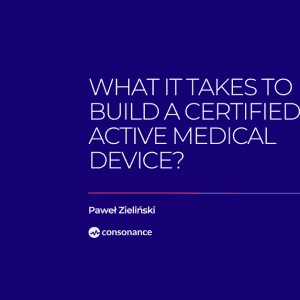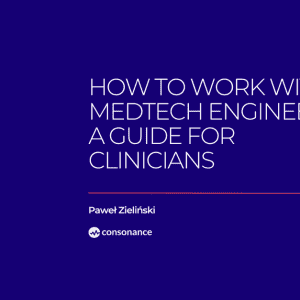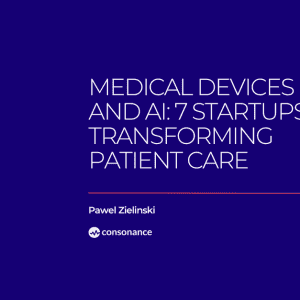The ISO 13485 certification – QMS for medical devices

ISO 13485 is tailored for utilization by entities engaged in the conceptualization, manufacturing, deployment, and maintenance of medical apparatus and associated provisions. Furthermore, ISO 13485 certification serves as a resource for both internal and external entities, including certification bodies, to facilitate their examination procedures.
Table of Contents
What is ISO 13485 certification?
The purpose of medical device consulting is to provide specialized expertise and guidance to companies involved in the development, manufacturing, and commercialization of medical devices. Medical device consultants offer their knowledge and experience to support clients in navigating the complex and highly regulated healthcare industry, ultimately helping them bring safe, effective, and innovative medical products to market.
Benefits of ISO 13485 certification
Navigating the regulatory landscape is one of the most challenging aspects of bringing a medical device to market. Regulatory bodies such as the Food and Drug Administration (FDA) in the United States impose rigorous requirements to ensure patient safety. Medical device consultants are well-versed in these regulations and work closely with startups to streamline the compliance process. They help in preparing the necessary documentation, conducting risk assessments, and navigating clinical trial requirements, significantly reducing the time and effort required to obtain regulatory approvals.
How to get ISO 13485 certification
It involves a systematic approach. The process typically includes the following steps:
- Familiarize yourself with the standard’s requirements and conduct a gap analysis to identify areas that need improvement.
- Establish a quality management system that aligns with ISO 13485 standards.
- Implement the necessary processes, including documentation, training, and internal audits.
- Engage an accredited certification body to conduct an external audit and evaluate your organization’s compliance with ISO 13485.
- Once the audit is successful, your organization will receive ISO 13485 certification.
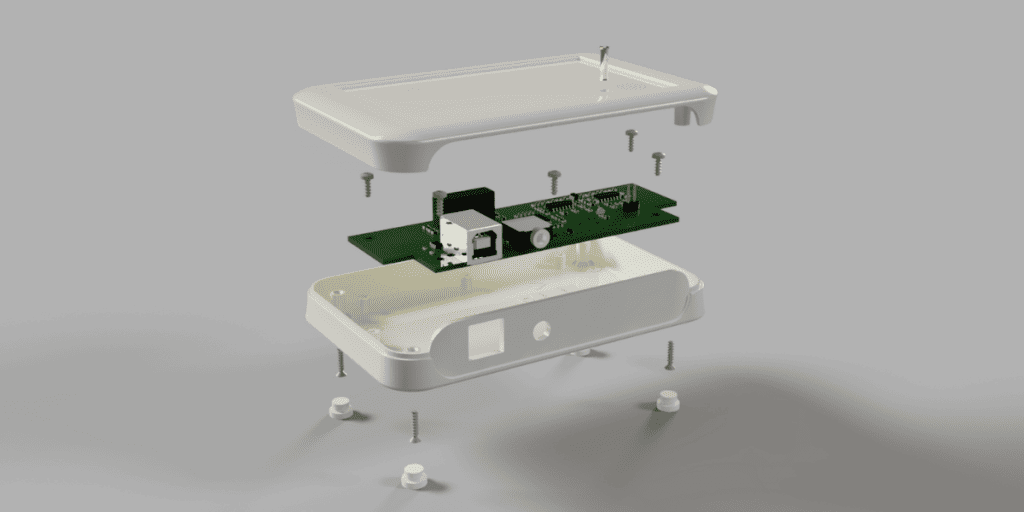
Who is ISO 13485 applicable to
ISO 13485 certification is applicable to a wide range of entities within the medical industry. This includes medical device manufacturers, suppliers, distributors, contract manufacturers, and organizations involved in the provision of related services such as maintenance, installation, and support. The standard is also relevant for regulatory authorities, certification bodies, and other stakeholders involved in auditing and assessing medical device quality management systems.
How much does it cost to get ISO 13485 certification
The cost of ISO 13485 certification varies depending on several factors, such as the size and complexity of the organization, the scope of certification, and the chosen certification body. Costs typically include expenses related to gap analysis, implementation, training, documentation, and the certification audit. While it is challenging to provide an exact figure, organizations should consider the long-term benefits and value that ISO 13485 certification brings to justify the investment.
How long does it take to get ISO 13485 certification
The timeframe for obtaining ISO 13485 certification depends on the organization’s readiness, complexity, and resource availability. Implementing the necessary changes to meet the standard’s requirements can take several months. After the implementation, the certification body will conduct an external audit to assess compliance. The duration of the audit depends on the organization’s size and complexity. Generally, the entire process, from initiation to certification, can range from six to twelve months.
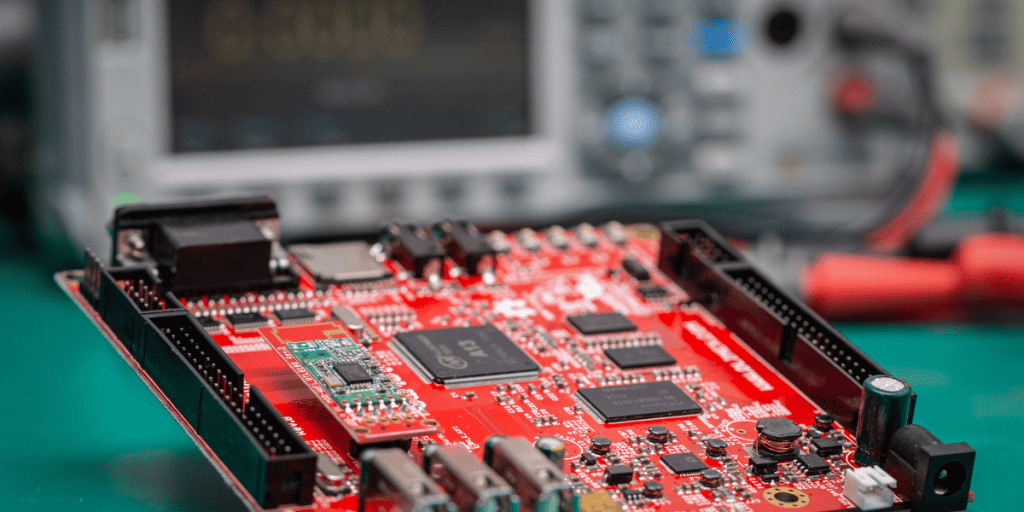
Similarities and differences between ISO 13485 and ISO 9001
ISO 13485 and ISO 9001 share some common elements, as both focus on quality management systems. However, there are distinct differences between the two. ISO 13485 is specifically tailored for the medical industry and places greater emphasis on regulatory compliance, risk management, and traceability. On the other hand, ISO 9001 has a broader scope, applicable to organizations across various industries. ISO 9001 emphasizes customer satisfaction, continual improvement, and a more general approach to quality management.
ISO 13485 certification plays a crucial role in ensuring the quality and safety of medical devices. By understanding the certification process, benefits, applicability, costs, duration, and the differences with ISO 9001, organizations can make informed decisions to enhance their quality management practices, gain a competitive edge, and comply with regulatory requirements in the medical industry.
If you’re in a pursuit of the ISO 13485, don’t hesitate and …




